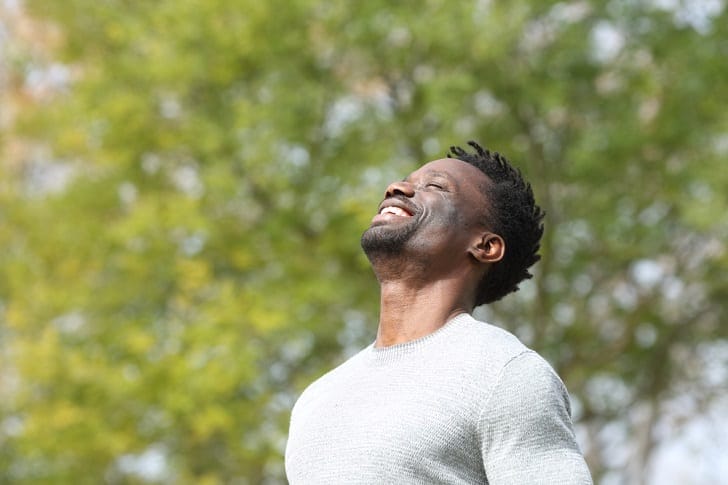In her experience as a licensed clinical social worker, psychotherapist, and a mental strength coach, Amy Morin has realized the critical differences between mental strength and mental resilience.
The bestselling author looks at mental resilience as a defensive strategy as it allows people to recover from traumatic experiences and other misfortunes. Meanwhile, she sees mental strength as an offensive strategy that can help people not be knocked down in the first place.
Main Components

To understand mental strength better, let’s break it down to its three components: cognitive, emotional, and behavioral.
The cognitive side of mental strength involves the way you think about yourself and the world around you. Improving your strength in this regard gives you the ability to reframe your negative thoughts to have more compassion for yourself.
Meanwhile, the emotional side of mental strength has to do with your ability to manage your emotions in a healthy way. This means acknowledging your feelings without suppressing or running away from them.
The behavioral aspect of mental strength is about how you can challenge yourself while still knowing your limits. This kind of perseverance can manifest in your commitment to improving physical strength as well.
Building Strength

Growing your mental muscles so you can be stronger mentally is not unlike working out your real muscles at the gym. There are certain exercises you can practice regularly to help you build the mental strength you’d need to get you through not just the bad times but also the good times.
Among the activities Morin recommends people to do is changing their worrying ways. To do so, she suggests trying to distract yourself with relaxing and productive activities when you start worrying about things you can’t really control.
She also touts the 10-minute rule when it comes to motivating yourself to do things you don’t want to. Following this rule means still doing the activity you hate but giving yourself the chance to stop after 10 minutes.
You’ll likely end up continuing and finishing after getting over the initial hump.
Reaping the Benefits

Making mental fitness a part of your life doesn’t only lead to you developing mental strength but also mental resilience. Morin believes that becoming stronger would make you more resilient as you also become more confident in your ability to bounce back after facing hardships in life.
What’s more, you’ll learn to challenge yourself in more ways that can eventually lead you to reach your greatest potential.




